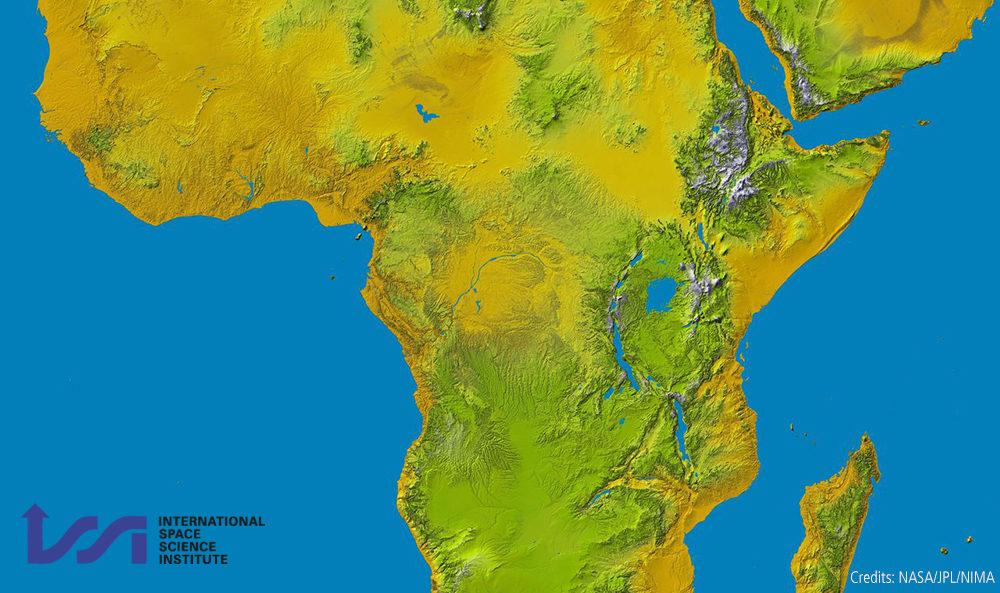The objective of the workshop is to investigate the benefit of using Earth Observation data to monitor and understand global environmental changes due to natural phenomena and anthropogenic forcing factors over the African continent, and highlight a number of associated applications of high societal relevance. The main topics addressed concern water resource; land use & land cover change, and implications for agriculture and deforestation; exploitation of mineral resources and environmental impacts; floods, droughts and desertification; coastal zones changes. The workshop will offer an opportunity to discuss with scientists from different horizons on the role of space-based observations for monitoring and understanding global changes in Africa, and investigate how this knowledge can be communicated to stakeholders to mitigate associated societal impacts. A large variety of remote sensing data can indeed help addressing these topics, e.g., multi-mission satellite altimetry, including the SWOT mission to be launched in 2021, SMOS, GRACE, radar and optical imagery from the Copernicus Sentinel missions, future missions of the Earth Explorer program of ESA, as well as Earth Observation missions from other space agencies worldwide.
Global Change in Africa
International Space Science Institute : Workshop : 11-15 January 2021
